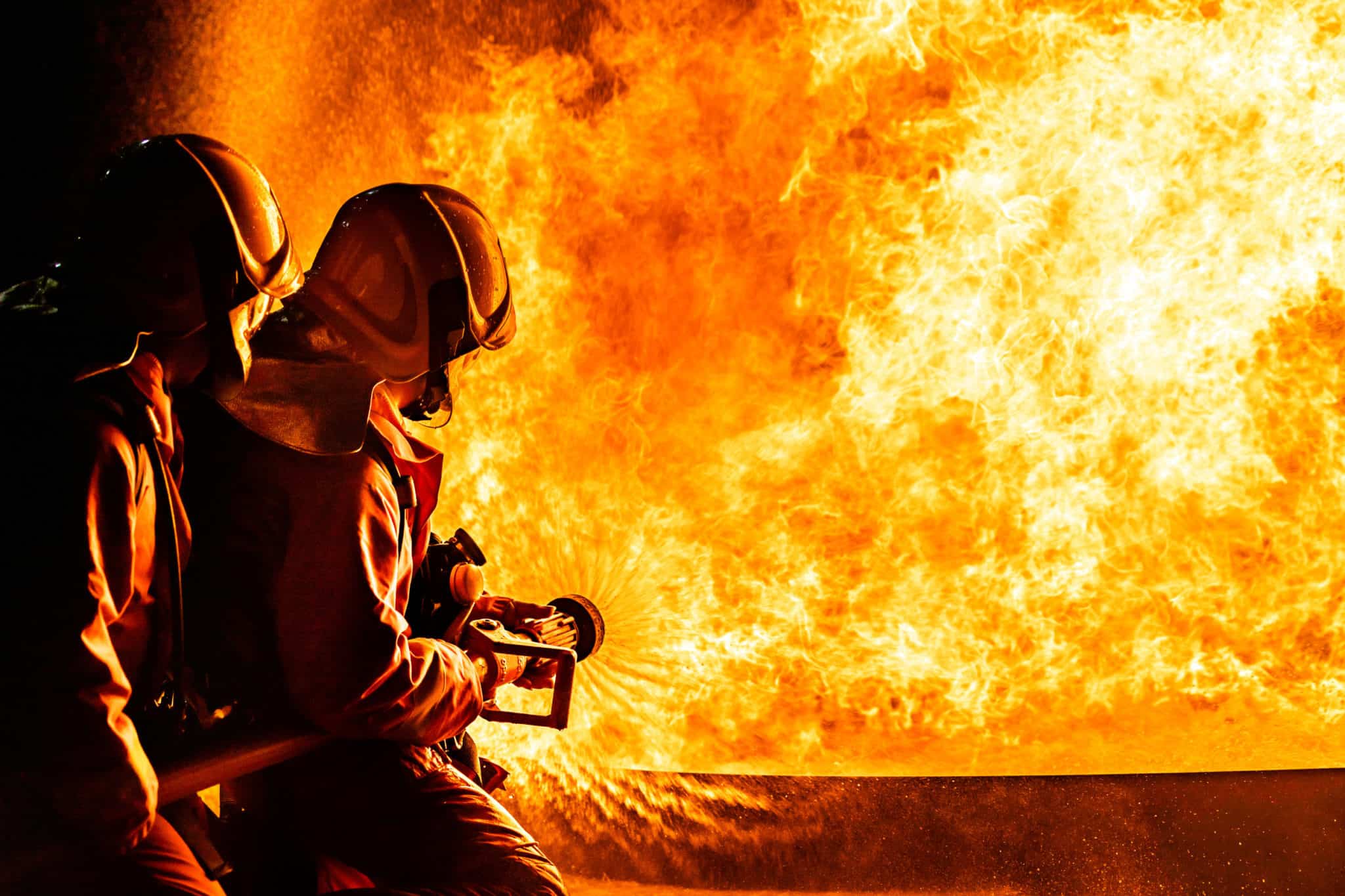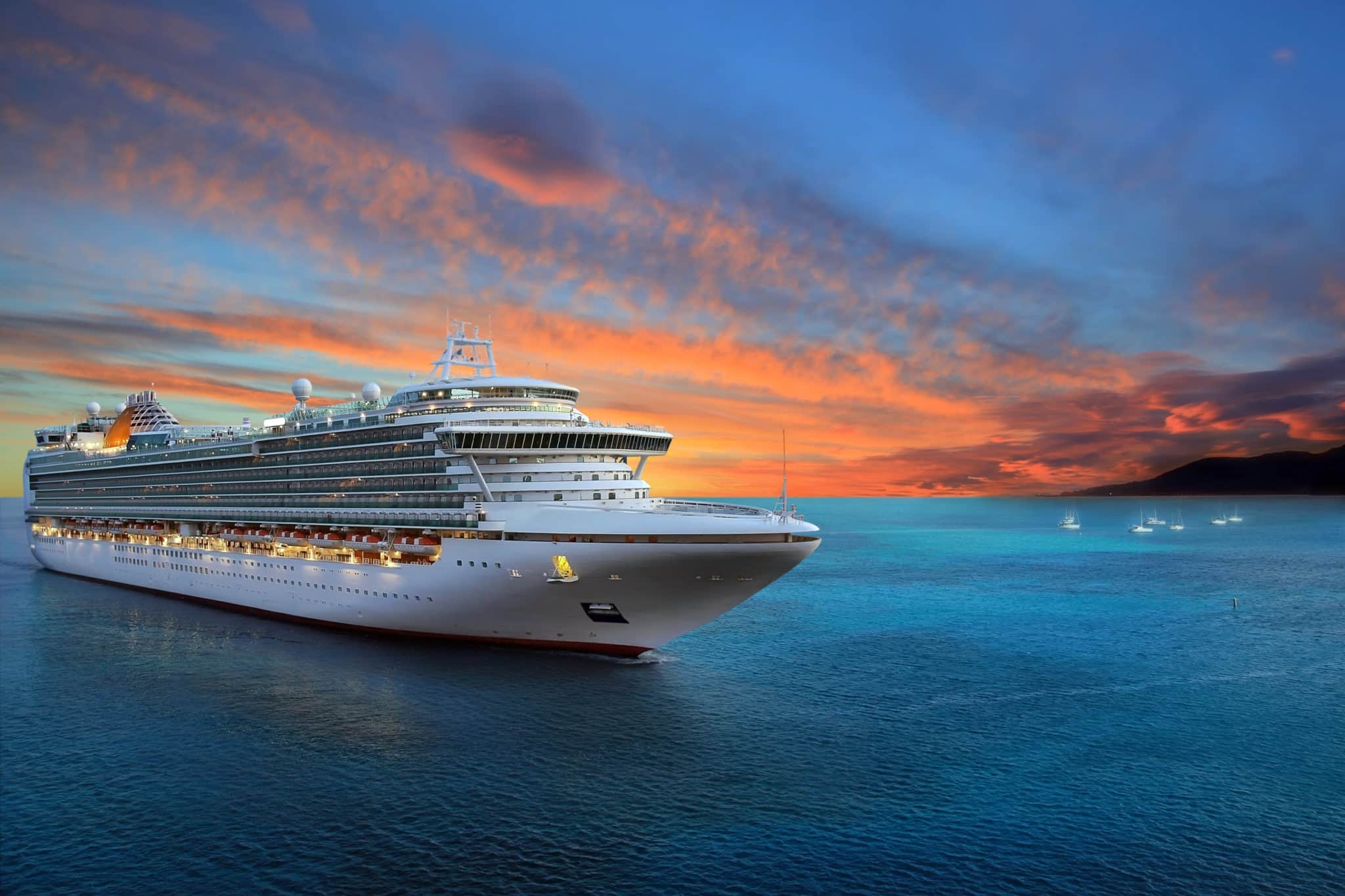In the middle of a large body of water like an ocean, the thought of a fire can seem absurd. But fires can and do happen on cruise ships, so it’s important to be prepared.
Just recently, a Carnival Cruise ship caught on fire in Grand Turk. The fire apparently started in one of the funnels on the ship and was extinguished by emergency responders. All guests, as well as crew, were unharmed, but it just goes to show how quickly these situations can occur.
You may harbor a lot of trust in cruise ships to keep you safe, and you should – they train for emergencies. But it’s also a good idea to understand your role should a fire break out on your cruise, both as it’s happening and during the aftermath.
Here is what you need to know about cruise ship fires and how to stay safe when you’re out at sea.
The Risks of a Cruise Ship Fire
Cruise ships are like giant floating cities. These self-contained cities are neat to experience but can cause very dangerous circumstances when a fire breaks out at sea. After all, the options are limited when it comes to safe places and escape routes when on board, which puts passengers at risk for injuries due to fires.
How Common Are Fires on Cruises?
You may not know it, but fires onboard cruise ships are common. The U.S. National Transportation Safety Board has warned cruisers that fires can lead to hazardous situations on board – such as the ship losing power and being unable to navigate at sea. Carnival has had the most recent fire, but it’s happened to other cruise lines, too, like Royal Caribbean, as well as smaller vessels.
The truth of the matter is that cruise ship fires can happen on boats of any size, going anywhere, and in many different types of weather conditions. Even large, well-respected cruise lines have issues that have led to fire, i.e. problems with the engines or other mechanical issues. The consequences of these incidents can be devastating for passengers on board.

How to Prepare
Cruise ships are, overall, quite safe. But that doesn’t mean you shouldn’t prepare yourself mentally for what can happen on board, including the worst-case scenario of a fire. You can take these actions to exercise a direct impact on reducing your risk of harm at sea.
Pay Attention
The safety drills you must go through onboard the ship are not just for fun – they’re serious! Under International law, all crews aboard cruise ships have to lead passengers in what is referred to as “muster drills” before the boat ever leaves the dock. During these muster drills, pay close attention to the instructions given to you, because they are your directions on what to do in an emergency.
In the course of muster drills, you are instructed on how to use safety features on the boat, plus how to find and use a life jacket. The crew also takes the time to point out routes for emergency exits if there is a fire.
While it can seem like these drills are taking precious time away from your vacation, they’re necessary and important. After all, they could be the difference between life and death in a true emergency onboard.
Find Emergency Exits
When you get to your room, be sure to find the nearest emergency exits that can lead you to the open air. In a fire, one of the biggest dangers is smoke inhalation, so knowing how to reach fresh air during a fire outbreak is vital. Also, fires can occur at night, so it’s good to know where the emergency exit is in case you must find it in the dark.
Also, make sure to have an emergency backup for your route in case the primary is blocked off – or you begin to panic in a true emergency.

Stay Low
As mentioned, during a fire, smoke inhalation is a huge threat. If you can stay closer to the ground as you try to reach fresh air, then can reduce your chances of smoke inhalation, which often leads to injury. Listen to any crew members directing you in an emergency situation.
Have an Emergency Kit
It’s not unheard of for fire to break out on a ship and be extinguished, only to lead to a ship stranded without power. This has happened before, so make sure to pack a small emergency kit in case this happens during your cruise. It should contain a flashlight, non-perishable foods, and basic medical supplies.
About the Author:
Andrew Winston is a partner at the personal injury law firm of Winston Law. For over 20 years, he has successfully represented countless people in all kinds of personal injury cases, with a particular focus on child injury, legal malpractice, and premises liability. He has been recognized for excellence in the representation of injured clients by admission to the Million Dollar Advocates Forum, and named one of America’s Top 100 High-Stakes Litigators. Mr. Winston is AV Preeminent Rated by the Martindale-Hubbell Law Directory, enjoys a 10.0 rating by AVVO as a Top Personal Injury Attorney, has been selected as a Florida “SuperLawyer” from 2011-2021 – an honor reserved for the top 5% of lawyers in the state – was voted to Florida Trend’s ”Legal Elite,” recognized by Expertise as one of the 20 Best Fort Lauderdale personal injury attorneys, named one of the Top 100 Lawyers in the Miami area for 2015-2021, and one of the Top 100 Lawyers in Florida for 2015-2017 and 2019-2021.






